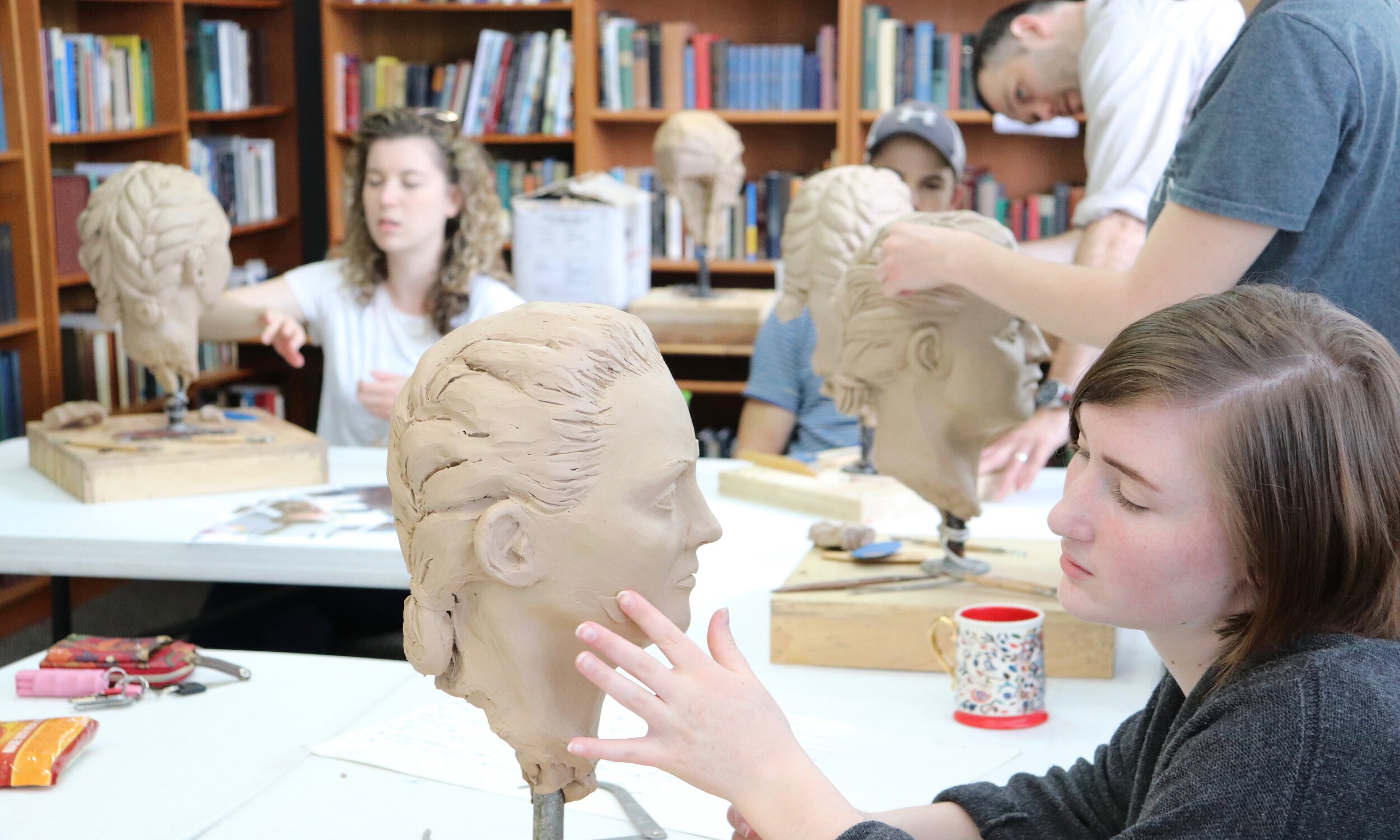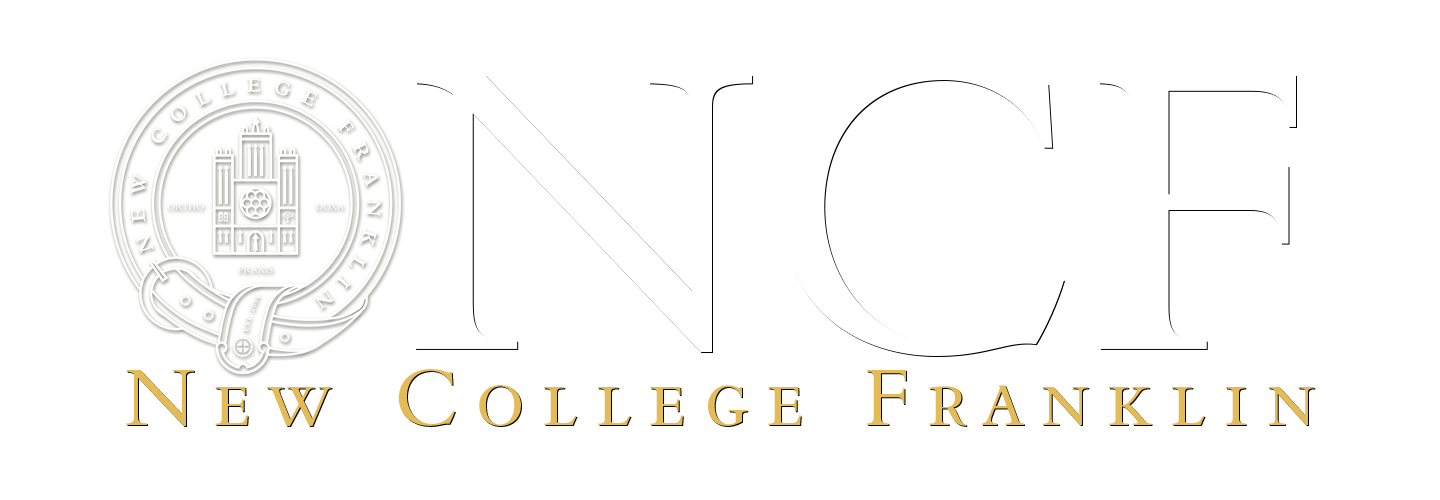Applied Studies
In Paul’s first letter to the Thessalonians, he exhorts us to “aspire to live quietly, to mind your own affairs, and to work with your hands . . . that you make walk properly before outsiders.” We believe that the applied arts can be just as formative of the mind, body, and spirit as the academic arts. Applied studies seek to articulate the complex relationship between faith, learning, and practice.

-
Music
This year-long course introduces students inductively and deductively to music. Students practice the art of actively listening to music. They are introduced to the philosophy of music and also cover major historic aspects of the form. Students will learn to recognize and understand elements of music such as melody, harmony, rhythm, form and structure, color/timbre. They will study the nature and end of music, how it functions, and its relation to God and his Church, as well as its relationship to the whole of the Quadrivium. In the second half of the year, students will continue to develop skills introduced in the first semester such as listening and singing. They will also explore historical shifts and milestones in the history of music, such as the role of music in liturgy and also pre and post Enlightenment changes in the art.
-
Art
The Fall semester, as a practical companion to Geometry, explores essential elements of two-dimensional design, including line, value, rhythm, proportion, and perspective, as an artistic expression of number in space. Students will focus on drawing application, utilizing fundamental skills in graphite and ink drawing to produce works that are visually accurate and cohesive.
The Spring semester explores essential elements of three-dimensional design in anatomical sculpture, to produce an accurate life-sized portrait bust in plastelina clay. Students will construct the geometric proportions of the skull and face, from the foundations up, and acquire basic sculptural skills in facial construction, anatomy, and finishing.
-
Preceptorials
Third- and fourth-year students may select from a variety of term or multi-term courses that complement the core curriculum by allowing students to focus on a particular author, topic, or philosophical question. Examples include: Southern Literature, The Art of Film, Architectural Thinking, Twentieth Century Literature, Doctrine of the Christian Life, etc. These courses recognize and seek to illustrate the connecting elements that unite all truth, while respecting and exploring the diversity of application.
-
Senior Capstone Project
The Senior Capstone Project provides an opportunity for graduating seniors to richly engage some aspects of their education at New College Franklin. It is intended to be a focused outworking of a Christian liberal arts education. The project entails an extended and concentrated period of engagement. As part of a student’s ongoing education and in light of the true communal nature of learning, this project is developed with significant input from the Dean’s Cabinet and the student’s advisor. The project may be fulfilled in part or in toto by a course of study and writing, through an apprenticeship, or through a creative production as determined jointly with the Dean’s Cabinet, advisor, and student during the planning phase of the project.
Students should reflect upon some aspect of their education which they wish to develop through an extended project. The project may be intellectual, productive (artistic), practical, or some blend of the three. The project will be carried out under the guidance of an advisor and may involve some form of outside apprenticeship if appropriate.
